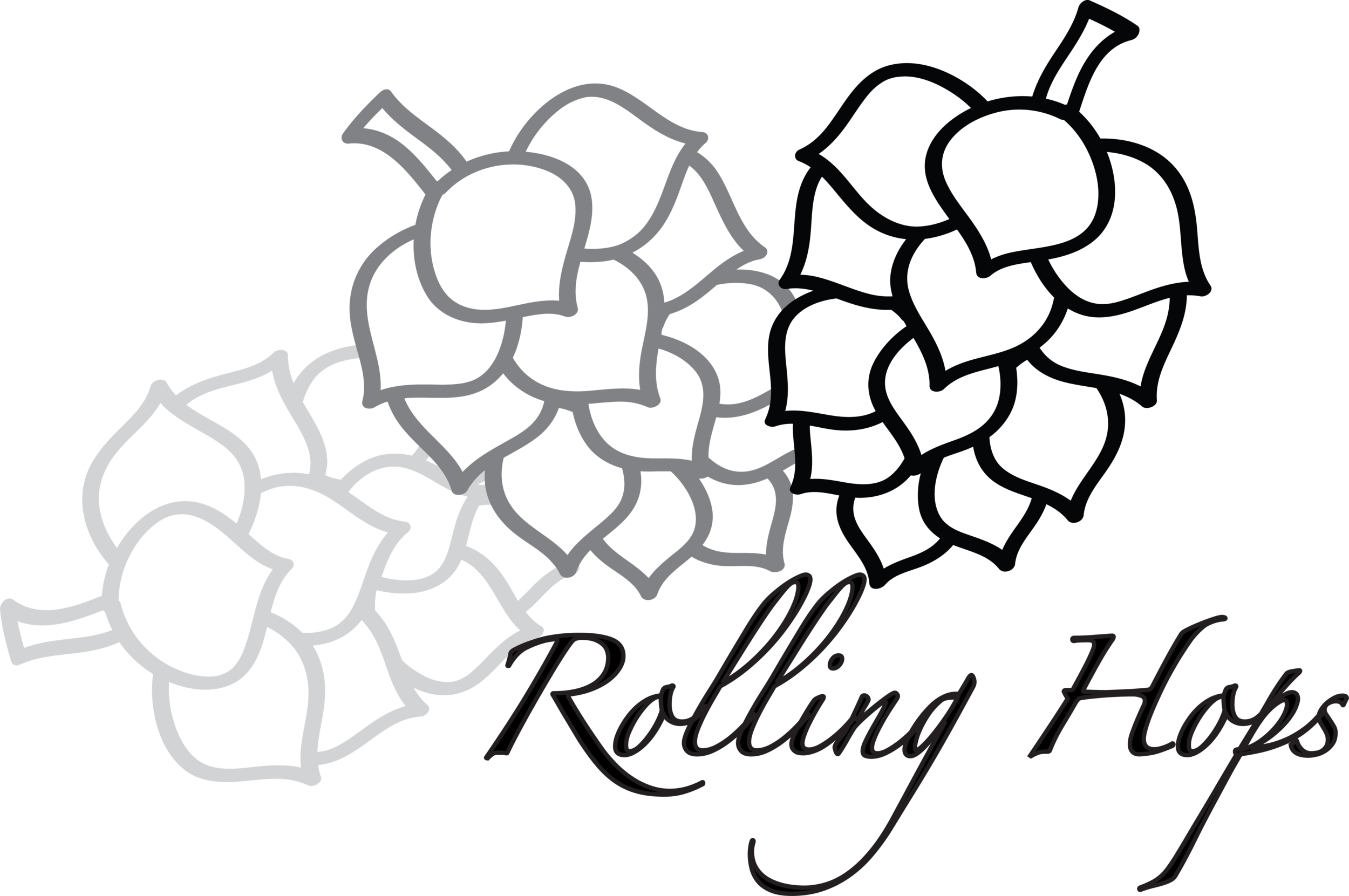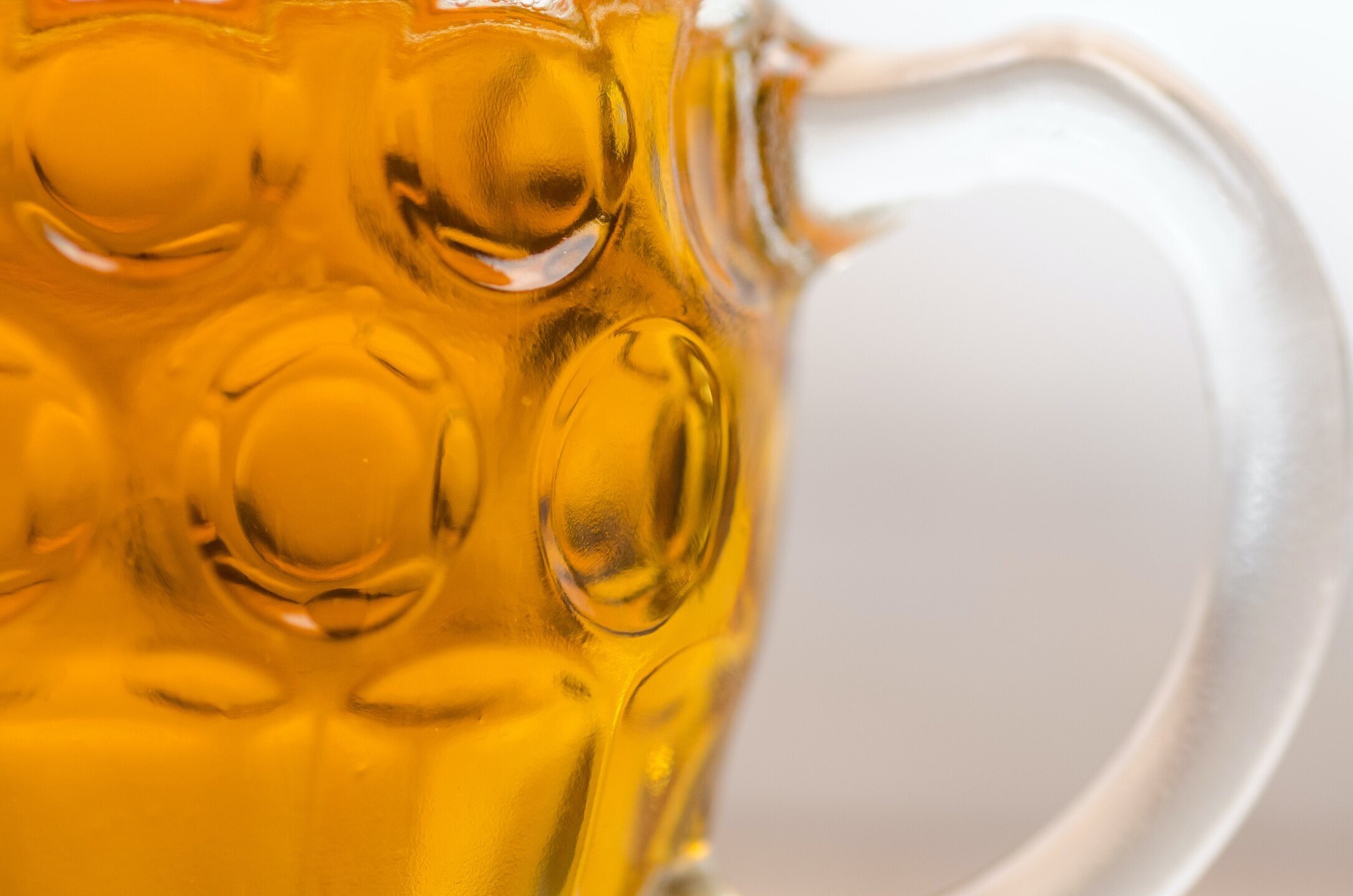A Nation Of Beer: Germany
When we pose the age old question: which great peoples of the world concocted the first beer? Perhaps the most common answer we hear is: “It must be the Germans.” And as much as we would like that to be so, it definitely isn’t. Although the Germans did not invent beer, that does not take away the strong connection the country has to the beverage. Artifacts prove that beer was being brewed in the German state of Bavaria all the way back in 800 BCE.
In traditional German brewing culture, the creation of both bread and beer was typically done by women. It wasn’t until around the 12th or 13th century that another sect of German society entered the realm of brewing: Catholic Monks. The study of beer in monasteries led to an important innovation in beer, this being the addition of hops to the traditional recipe? But why add a new ingredient to this classic drink that everyone already knew and loved? Did the Germans have a particular taste for the bitter flavor that the hop plant contains, or was it just a way to spice things up after thousands of years of the same old brew? Well, it’s initial use was based on something far more practical; this being the natural preservation qualities that exist in hops. German monks were not only brewing the beer for themselves, but had also begun to market and sell it to the general public; in many cases it was their economic means of survival. With the addition of hops, the beer would have a longer shelf life, and could thus be sold over a greater period of time.
During lent, German monks would need to fast. In order to satiate themselves, the monks would obtain their calories and carbohydrates from beer. This led to the popular nickname given to beer at the time: “Flüssiges Brot” or “liquid bread.” We can also thank the German monks for the oldest brewery in history, still in operation. The monks at Weihenstephan monastery in Bavaria opened their brewery in the year 1040. The brewery has secularized since its inception, and still produces an array of German style beer to this day.
German beer culture is synonymous with its sense of purity. In 1516, Duke Wilhelm IV of Bavaria put into law that beer could only be made with the staple three ingredients: water, malt and hops. This purity law, known in Germany as Reinheitsgebot, is still in existence to this day and serves as the longest lasting piece of food regulation in the world. Of course, since then, the legislation has added the vital fourth ingredient to its list: yeast. In the 16th century the effects of yeast were still unknown and would not be discovered until 1857 by French chemist Louis Pasteur. The Reinheitsgebot is still taken very seriously today in Germany, making the beer culture in the country support and value its deep history and traditions.
To show you how much the Germans like their beer, we can go back to a time where the government tried to eliminate one of its liquid competitors. In the 18th century, Frederick the Great of Prussia, issued a nationwide ban on coffee, as he feared its influence on disrupting beer sales and consumption throughout the country. This was also an economic move, to help protect German agriculture devoted to beer production as opposed to the foreign imports of coffee beans.
It can be difficult to summarize beer culture in a monolithic fashion, as many parts of what make up the country today boast different cultures entirely. A perfect example of this can be seen in the neighbouring cities of Cologne and Düsseldorf. Cologne is famous for its Kölsch style beer, a light lager with a bright and clear colour, resembling that of a straw-yellow. Whereas Düsseldorf’s Altbier (which literally translates to old beer) is much darker and is somewhat of an ale/lager hybrid as opposed to the traditional German style lager. And don't think the beer cultural differences only exist in these two cities, we’re just getting started.
In the German capital of Berlin, the popular traditional style is that of the Berliner Weisse (or ‘white’ in English). This golden wheat beer can trace its roots back to the 17th century and has sometimes been referred to as the “Champagne of the North.” To analyze the history of brewing styles in Bavaria, perhaps the true beer mecca of Germany, one could write books upon books of its history and diversity. Some interesting styles to note include the 1) Bamberg Rauchbier (row-beer) (or ‘smoked-beer’ in English), a lager brewed with smoked malt, rich and full of smoky flavours; 2) Schwarzbier (or ‘black-beer in English) black beer, is a dark lager with hints of chocolate or coffee flavours; and 3) Dunkelweizen, a dark wheat beer that is a hybrid between two other classic styles: the dunkel and a hefeweizen. With all this complexity and mixing and matching, it can be difficult to keep up with the intricate differences that exist throughout modern day Germany. And when speaking of the German state of Bavaria, we would be remiss not to mention a little known fall celebration held in Munich every year, that’s right: Oktoberfest! This folk festival, which typically lasts in between 16 - 18 days in September and October, brings millions of visitors from around the world, interested in delving deep into Bavarian culture; perhaps the most intriguing draw is that of the large quantities of beer served. There are two criteria for the beer served at Oktoberfest, the first relates to our favourite purity law: the Reinheitsgebot. All beer served during the Oktoberfest celebration must conform to the law. And the second criteria is that all Oktoberfest beer must be brewed within the city limits of Munich.
So what about the current state of beer in Germany? How is a country with such deep customs and traditions connected to beer, adapting to the craft beer boom that seems to be taking over the world? With all the experimentation going on in the craft beer world, would it even be possible to transplant this contemporary culture into a country that has actual legislation preventing any form of tampering with the original beer recipe? Well surprise, surprise, the global craft beer craze was indeed able to penetrate Germany, and experimentation is able to take place. This is done, however, under one caveat, if German craft brewers create something that goes against the Reinheitsgebot, it cannot be marketed or sold as beer and instead will typically be branded as mixed beer drinks.
Whether you see yourself as a beer traditionalist or rather an avant-garde explorer and experimenter, there’s perhaps no better place to visit than the vast beer network in Germany.
The Germans’ love for beer has certainly stood the test of time, and has retained itself in the fabric of the nation’s culture. Prost!
Craft Beer Is Here.


